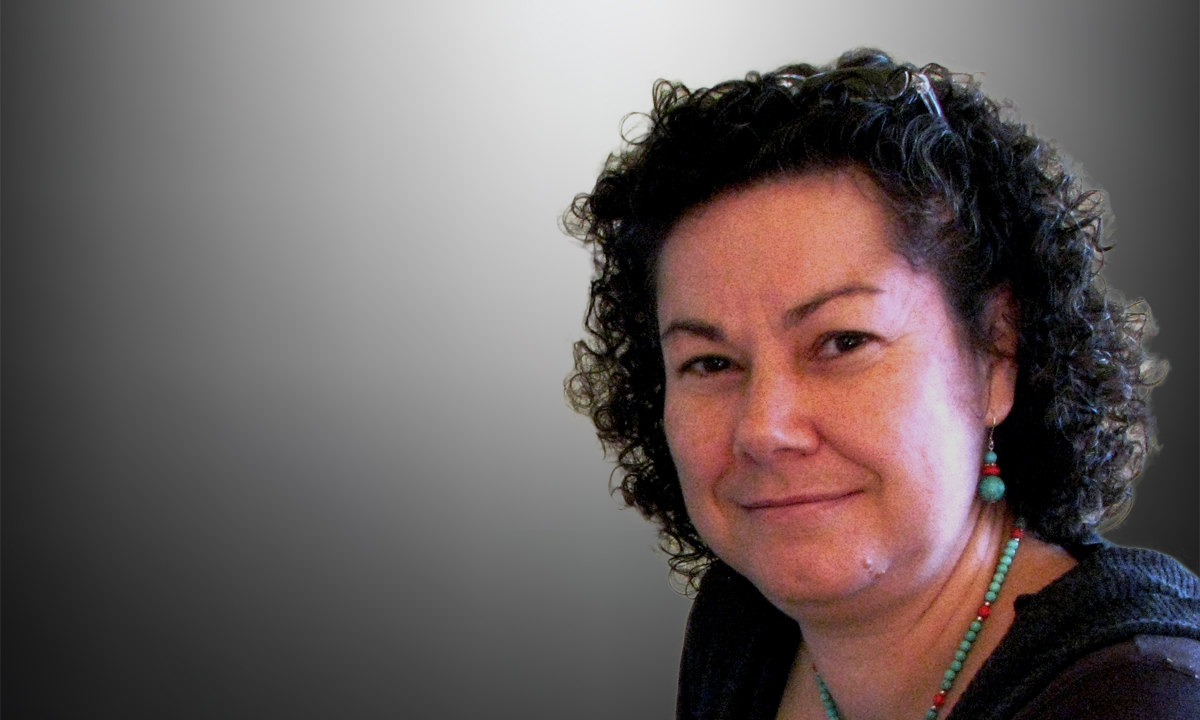RECENT discussions about millennials, smashed avocado and house prices have reminded me of the perpetual generational divide. Throughout the existence of humanity, members of each generation have considered themselves to be the peak of civilisation, their parents old-fashioned, and their children lazy and entitled.
So, all this rang true during a discussion with my friend Tamerlaine Beasley, an expert in workplace cultural issues, when we were mulling over the many complexities of a multigenerational, multicultural workforce.
Medicine, whether practised in hospitals or in the community, is a perfect example. In a diverse workforce, a key to performance is inclusion. But how do we ensure everyone is included?
In Tamerlaine’s work at Beasley Intercultural – the company she founded, which provides advice and education in workplace cultural issues and leadership – she and her team assist people who are new to the Australian workplace to understand, negotiate and navigate the subtleties.
In most cultures around the world, respect for hierarchy is implicit in all workplace interactions. Juniors are deferential to seniors, and to make fun of someone to make them feel comfortable is just plain rude.
As Tamerlaine explained to me, many of our communication and cultural norms in Australian workplaces are based on the expectation that egalitarianism is the norm. We use “banter” as a way of developing rapport. We assume hierarchy must be challenged.
At the same time, safe medical decision making and treatment still require a degree of vertical control. The consultant must lead the medical team and take responsibility for the clinical outcomes of patients, while allowing trainees to gain experience and taking account of the opinions of other team members.
On the other hand, the doctor of past generations – characterised as an avuncular middle-aged male – has been rejected as paternalistic. Medical training now emphasises communication skills and therapeutic partnerships. In our post-modernist world, expertise is relative, and everyone’s point of view is valid.
How then do we explain the intricacies of both our general society and medical culture to newly-arrived migrant doctors?
What’s often most challenging for newcomers is the unique Australian approach to the demonstration of respect – actively pretending that hierarchy doesn’t exist! It’s hardly surprising, then, that older clinicians may still be finding their feet in this complex social interaction that is medical practice – let alone doctors joining the workforce from other cultures altogether.
Friction occurs when we don’t know what to expect from each other – whether doctor–patient or between colleagues. Much time and energy can be wasted in miscommunication and misinterpretation of motives and meanings. It is situations of cultural confusion that can lead to perceptions and actual episodes of bullying, arrogance and even abuse.
Courses exist for newly-arrived doctors to integrate into our medical system. But what about those of us who have always been here, who grew up in this system? Do we fully understand how to tread the fine line between leadership and collaboration? Can we manage being held to account for outcomes when the determinants are outside our control? Can we supervise and teach others while maintaining respect for their own skills and abilities? And, finally, can we learn things from other medical cultures rather than always requiring others to adapt to our own? While so many questions remain, one thing is clear: mutual respect and a willingness to learn from others will take us a long way.
Dr Sue Ieraci is a specialist emergency physician with 30 years’ experience in the public hospital system. Her particular interests include policy development and health system design, and she has held roles in medical regulation and management.
Latest news from doctorportal:
- Vaping ‘gateway’ to teen smoking: study
- Doctors ‘should report’ drivers with dementia
- Revalidation: what’s the problem?
- States to feel heat on doctor shopping

 more_vert
more_vert